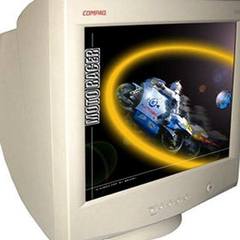Intel Coffee Lake Leaked News
-
Topics
-
Tact1cal ·
Posted in CPUs, Motherboards, and Memory0 -
3
-
Moosecuda ·
Posted in Troubleshooting0 -
StarsMars ·
Posted in CPUs, Motherboards, and Memory2 -
3
-
ChrisLoudon ·
Posted in Cooling0 -
WolfOfValahalla ·
Posted in Graphics Cards3 -
pJay_94 ·
Posted in General Discussion11 -
tospisnot ·
Posted in Console Gaming3 -
Hellowpplz ·
Posted in New Builds and Planning5
-
-
play_circle_filled

Latest From ShortCircuit:
This wireless router can’t possibly be good… can it? - Minion Routers


.jpg.5cc14cacf0bfa9d58de316927a37ec08.jpg)














Create an account or sign in to comment
You need to be a member in order to leave a comment
Create an account
Sign up for a new account in our community. It's easy!
Register a new accountSign in
Already have an account? Sign in here.
Sign In Now